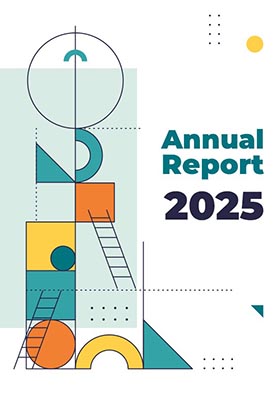Field of Research: Health Knowledge
Name of author: Farid A.W. Ghrayeb
Title of published work: “Knowledge of Palestinian University Women Employees About Heart Disease: Across-Sectional Study”
Name of Journal: Journal of Health, Medicine and Nursing
Year: 2016
Volume: 29
Pages: 181-187
Publisher: iiste
Abstract:
Heart disease is the first leading cause of death and disability for women worldwide, yet the condition is largely preventable and few women perceive themselves at risk. Evidence in the literature supports diminished awareness of heart disease among women and limited data as to provider knowledge of the current guidelines for the prevention of heart disease in women. The purpose of this study was to examine the current knowledge levels, personal risk factors related to heart disease among selected university female employees, and to identify variables that best predict health-promoting behaviors among university female employees. A descriptive cross-sectional research design was utilized. A stratified sample of 320 Palestinian university females aged 20-58 years completed a questionnaire developed by the researcher to assess their knowledge of heart disease and to assess the heart disease risk factors. Descriptive and inferential statistics were used for data analysis. Results: The sample had an average knowledge score of 45.9% out of a maximum correct score of 100%. Results from data analysis revealed general knowledge of heart disease was relatively low. The risk factors prevalent among them included: hypertension (14.6%), diabetes (11.8%), dyslipidemia (11.1%), overweight (21.8%), smoking (19.6%), and physically inactive (55.4%). Conclusion: Heart disease is the leading cause of death among Palestinians. In this study, Palestinian university women had poor knowledge of heart disease, and many reported having risk factors. Evaluation of baseline knowledge of heart disease and specific risk factors is helpful and can guide tailoring of health prevention strategies to be more effective. Early screening targeting the younger generation is also important to help detect the risk factors in their earliest stages. The screening results may also induce individuals to take action.
Keywords:
Heart disease, Palestinian, Knowledge, University women, Risk factors
Corresponding Author (s):
Name: Farid Ghrayeb, PhD.
Address: Department of Nursing, Faculty of Health Professions, Al Quds University
E-mail: This email address is being protected from spambots. You need JavaScript enabled to view it.


